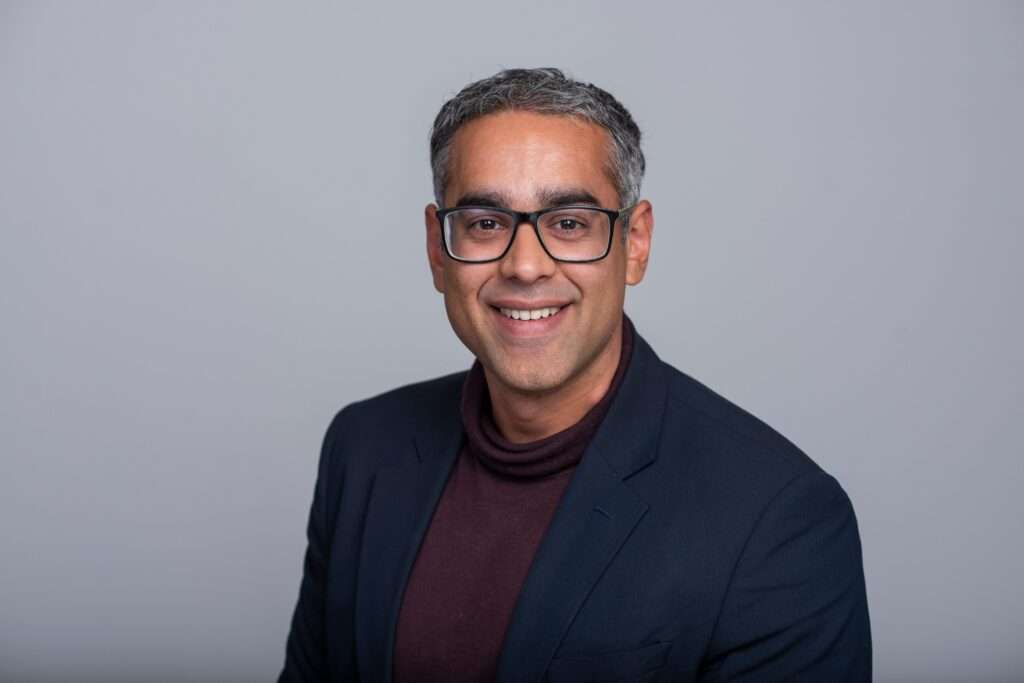Yvette Cooper, the UK’s Home Secretary, is under fire after unveiling plans to reopen two controversial immigration detention centers as part of a broader strategy to curb illegal immigration.
Announced on Wednesday, the measures aim to bolster border security and significantly increase the deportation of failed asylum seekers.
The government’s ambitious goal is to return deportation numbers to 2018 levels within six months, targeting over 14,000 deportations by year’s end.
However, this figure falls short when compared to previous years. In 2010, under the former Labour government, more than 45,000 individuals were deported.
The target also pales in comparison to the estimated 19,000 migrants who have already crossed the Channel into the UK this year in small boats.
In a move that sparked further controversy, the government revealed plans to expand detention capacity by reopening two immigration removal centers, Campsfield in Oxfordshire and Haslar in Hampshire, with a combined 290 additional beds.
Both facilities were shuttered in recent years due to serious concerns, including hunger strikes and suicides. Critics argue that reopening these centers represents a step backward and could exacerbate existing issues.
Opponents of the plan have voiced strong concerns about its implications, arguing that it wastes taxpayer money and lacks sufficient detail. Many also contend that the plan fails to address the dignity and humanity of migrants, particularly in light of recent racially charged riots targeting hotels housing asylum seekers across the UK.
Steve Valdez-Symonds, Amnesty International’s refugee and migrant rights program director, accused Labour of recycling the Conservative government’s hardline rhetoric on border security.
“People in urgent need – including those fleeing war and persecution in places like Sudan, Afghanistan, Syria, and Iran – will keep coming to the UK and other countries,” Valdez-Symonds said.
“The government needs to establish safe routes that reduce the perils of dangerous border crossings and the risk of exploitation by ruthless smuggling gangs. This ‘securitized’ approach to asylum and immigration will simply deter and punish many of the people most in need of crossing borders, people who are therefore often most vulnerable to criminal exploitation.”
Steve Valdez-Symonds
Challenges in Repatriating Failed Asylum Seekers
Dr. Peter Walsh, a senior researcher at the Migration Observatory, echoed these concerns, noting that the Home Secretary’s announcement lacked the necessary detail to explain how the government plans to increase the removal of failed asylum seekers.
He highlighted several challenges the government faces in achieving its deportation targets.

“There are different challenges the government faces in returning unsuccessful asylum seekers,” Dr. Walsh explained.
“Some may raise legal challenges against their removal, such as if they have formed family ties in the UK. A number of unsuccessful asylum seekers also come from countries to which we have recently struggled to return asylum seekers, such as Iraq and Iran.
“Some countries of origin may refuse to take back their own citizens. How exactly the government plans to deal with these challenges remains, for the time being, unclear.”
Dr. Peter Walsh
Dr. Walsh further noted that the government’s target to return to 2018 levels is not particularly ambitious, considering there were only 24,928 removals that year.
He contrasted this with the last Labour government’s record in 2010, which saw nearly double the number of deportations.
Meanwhile, Conservative leadership contender and Shadow Home Secretary James Cleverly criticized Labour for what he perceives as a lack of serious solutions to the immigration crisis.
“Labour clearly isn’t serious about tackling the people smugglers or stopping the boats,” Cleverly stated.
The debate over immigration continues to be a contentious issue, with the government facing mounting pressure to deliver concrete solutions that balance security with humanity.
As the year progresses, all eyes will be on whether the Home Office can meet its deportation targets and address the complex challenges that come with them.
READ ALSO: Shatta Wale Chides Stonebwoy Over ‘Money Throwing’ Comment




















